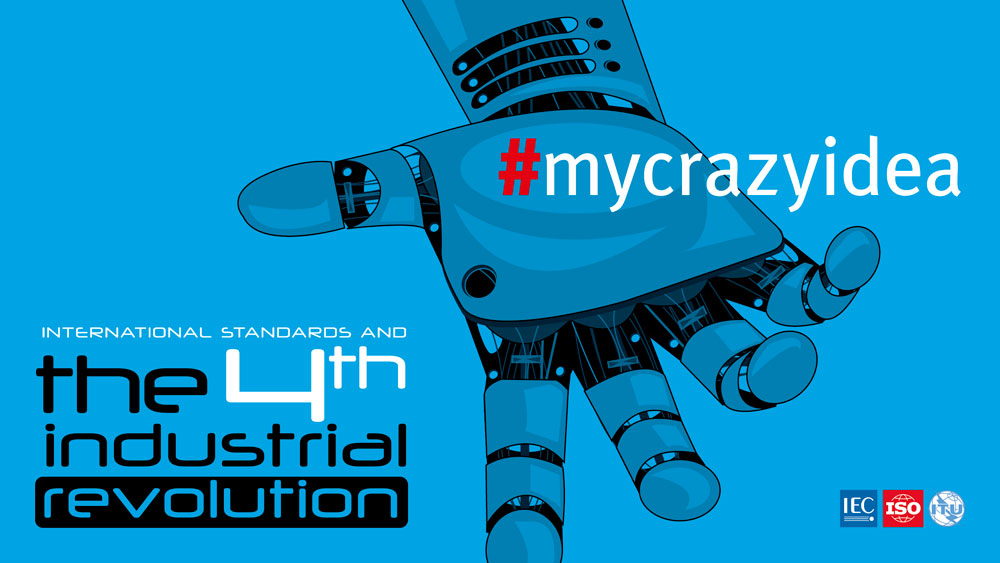Industry of the Future: Users must have an even greater influence on voluntary standards

Mechanics, health, aeronautics… Do you already use processes that are equivalent to the Industry of the Future? You are in an ideal position to develop voluntary standards on the topic. Don’t let others do it for you !
Institut Montaigne recently identified the Industry of the Future as a golden opportunity to boost the French industrial sector. The French think tank sees it as a way of improving competitiveness, attractiveness (the “French brand”), quality of life at work and environmental impact. This model is characterized by “massive data use and significantly increased connectivity“. The fourth industrial revolution is now underway and World Standards Day, which will take place on Sunday 14 October 2018, will be dedicated to the Industry of the Future. It is yet another opportunity to put the importance of voluntary standards into perspective.
AFNOR and the sector-based standardization bureaus support French companies in their efforts to meet this multifaceted challenge. In 2016, nine guidelines were established to encourage initiatives regarding the industry of the Future and shape France’s influence in setting out the rules that will shape markets and characterize products and associated services. “One thing is certain,” says Institut Montaigne. “Countries that don’t prepare for the Industry of the Future in time by adapting their training and their production facilities will be the big losers in this revolution, both in economic terms (loss of competitiveness) and in terms of jobs (loss of production sites).” Creating voluntary standards is a way of writing the rules of the game, to make sure the train doesn’t pass us by.
The example of exoskeletons
Collaborative robots and smart machines, identified as one of the nine technological pillars of the Industry of the Future by Institut Montaigne, are already at the heart of several standardization projects. With the help of professionals, AFNOR published a guide in 2017 to evaluate the interaction between an aid such as an exoskeleton and humans. A discussion platform currently brings together about thirty industrialists, users and manufacturers, who are testing the recommended approach. Their insights will be invaluable in influencing tomorrow’s international standards, both in terms of equipment and occupational health and safety issues. A French initiative is currently engaged to work ergonomics recommendations.
Other key issues must also engage users who advocate applying the concepts of the Industry of the Future. “For example, the benchmark architecture standards do not sufficiently engage the French,” says Nathalie Geslin-Levasseur, AFNOR’s Development Manager in charge of the Industry of the Future. “The French must ensure that no model or representation is imposed on them and that their technologies are compatible with those of their subcontractors and prospects.”
Industrial data, additive manufacturing, 3D and digital models, artificial intelligence… The involvement of users such as yourself, in your particular industry, is essential in order to master the challenges of fast-paced markets.
> Contact AFNOR and Nathalie Geslin-Levasseur to find out how you can get involved!